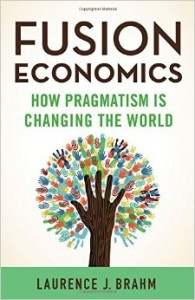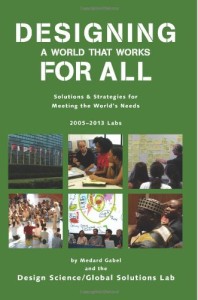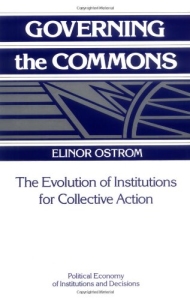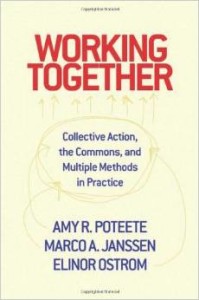
Inger Lise Oelrich
5.0 out of 5 stars Addresses a Major Vacuum in Our Approach to Any Challenge, 16 Dec 2014
This is a hugely important book that I hope will become popular in the USA, and translated into other languages. I learned of its existence while attending a Findhorn Foundation event in Scotland, “The New Story Summit.” At one point there was a discussion of how United Nations “peacekeepers” are sent in to keep the peace but do so at the point of a gun, without any training in human interaction or the fundamentals of story-telling, narrative weaving, listening, observing, and all the other human “arts.” This one story impressed me greatly.
Having now read the book, I want to emphasize my enchantment by confessing that I am a Naked Truth kind of person, the diametric opposite of the Story Teller. As with UN peacekeepers, I have been badly trained, equipped, and organized for a world in which conversation and story-telling are alternatives to confrontation and violence.
Although the author and the book focus on the role of story-telling in relation to peace-making, I would emphasize its value in creating common prosperity at well — in creating the means of self-governance with respect for the limits of nature and the importance of doing no harm.
Continue reading “Review: The New Story – Storytelling as a Pathway to Peace”







